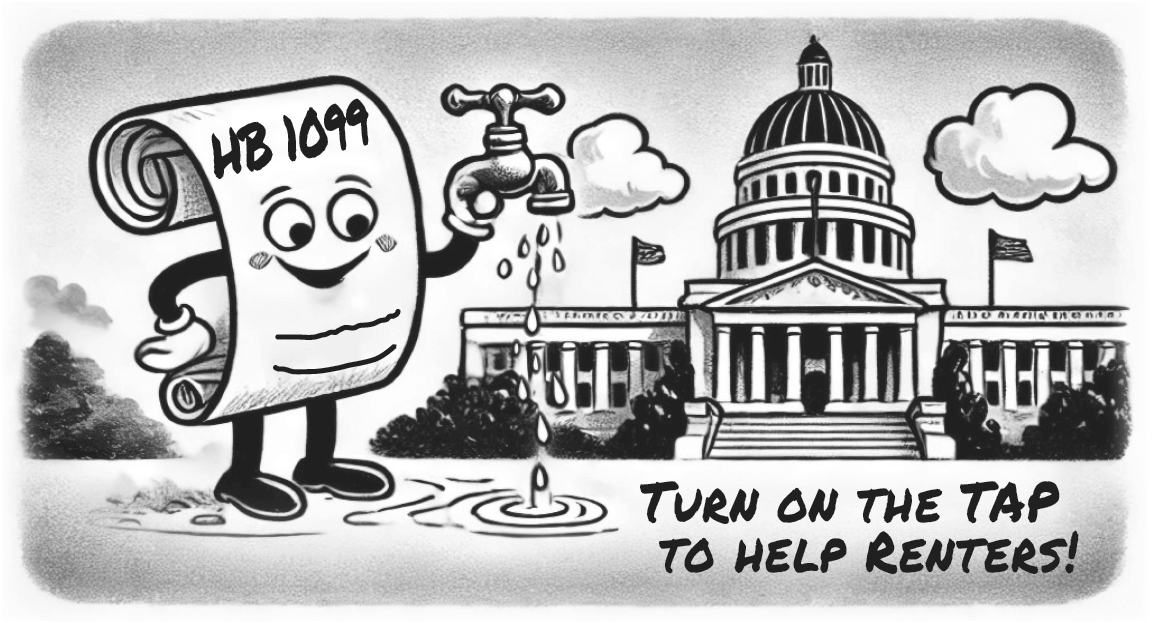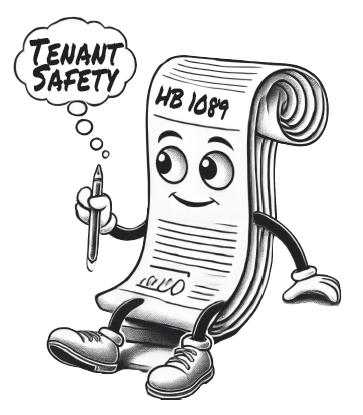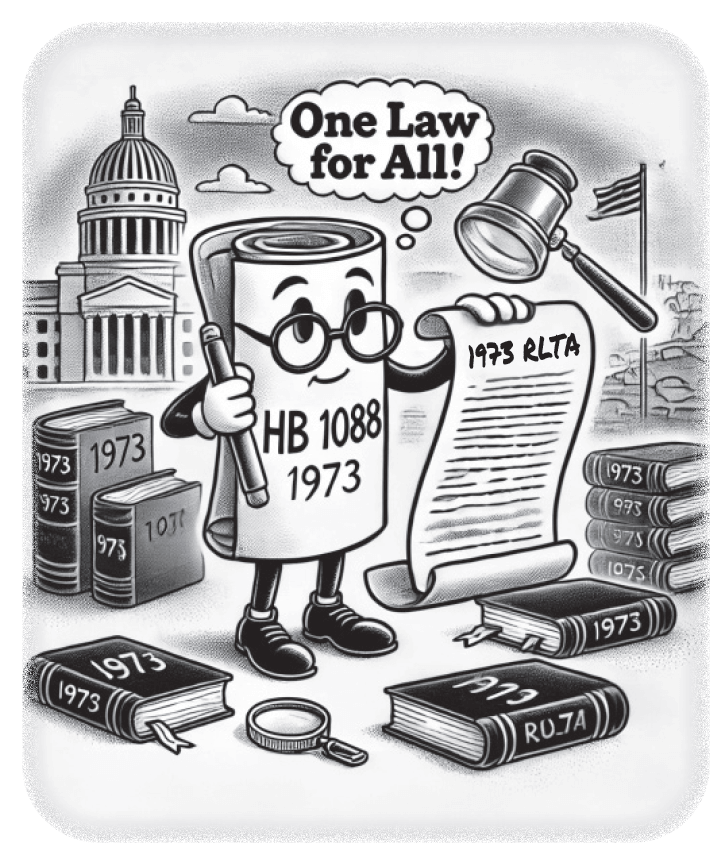RHAWA PRE-FILED BILL LINEUP 2025
 As an association, we understand that lawmakers are looking for solutions to Washington’s housing issues, and we want to help them understand that Rent Control will not solve these issues. Just as Legislative Session 2024 ended, RHAWA got to work with our leadership, government affairs team, lobbying team, and with lawmakers to begin drafting and fine-tuning several pieces of legislation that will improve the availability and affordability of housing. Some of these concepts and ideas I have written about previously in the CURRENT, but now we have finite bill language and even official bill numbers as they were pre-filed by House of Representative lawmakers.
As an association, we understand that lawmakers are looking for solutions to Washington’s housing issues, and we want to help them understand that Rent Control will not solve these issues. Just as Legislative Session 2024 ended, RHAWA got to work with our leadership, government affairs team, lobbying team, and with lawmakers to begin drafting and fine-tuning several pieces of legislation that will improve the availability and affordability of housing. Some of these concepts and ideas I have written about previously in the CURRENT, but now we have finite bill language and even official bill numbers as they were pre-filed by House of Representative lawmakers.
HB 1099 - Tenant Assistance Program: Primary Sponsor Representative Sam Low
This bill would establish a Tenant Assistance Program, or as we like to call it, TAP. So, turn on the TAP for renters who have sudden short-term financial difficulty and help cover the gap in their monthly expenses to keep them housed. Tenants would need to be at 80% AMI or less with several other stipulations for eligibility. This program specifically targets those who need assistance the most and serves as a reasonable alternative to the restrictive policies our team works hard to prevent. Studies show that falling behind on one month of rent can lead to a domino effect where debt begins to pile up month after month. With the TAP, we can prevent that first domino from falling and keep more people housed, all while avoiding shifting this financial burden onto the housing provider.
 HB 1089 - Eviction Reform and Tenant Safety: Primary Sponsor Representative Andrew Barkis
HB 1089 - Eviction Reform and Tenant Safety: Primary Sponsor Representative Andrew Barkis
Tenant safety is obviously top priority for residents as well as housing providers, but some of the well-intentioned policies passed over the last number of years at the state legislature have vastly increased the difficulty of removing menacing or even violent tenants. Many times, an actual arrest needs to occur to remove a tenant who is destroying their neighbor’s ability for quiet enjoyment of their residence. Couple this issue with the months-long backlog in the eviction court system where a case start-to-finish can take up to a year, and you have a bad combination that doesn’t work for anyone, but the person causing problems.
This bill would alter some of the language already in the state RCWs to streamline the removal of dangerous tenants so that their neighbors do not have to wait for a yearlong eviction process while living next to someone who may be involved in violent activity, drug activity, or other illicit behavior.
There will be many additional bills filed once the session starts, for the good or the detriment of housing providers and the industry. Make sure to keep an eye on your inbox and check out the RHAWA Advocacy Center to stay up to date on all the bills being introduced in Olympia. Our Advocacy Center will help you detail what a particular bill is about and also will help you email lawmakers from your district with a pre-written message expressing why you are for or against a particular bill.
 HB 1088 - RLTA Task Force: Primary Sponsor Representative Andrew Barkis
HB 1088 - RLTA Task Force: Primary Sponsor Representative Andrew Barkis
This bill has sponsors from both parties and, if enacted, would lead to the creation of a task force to completely open the Residential Landlord Tenant Act, which has been enshrined in state law since 1973. This task force would go through this act line-by-line to update the legislation for the modern era. The main purpose would be to establish a supreme law of the state and harmonize the rental housing laws in all jurisdictions. As things stand now, many local municipalities have adopted their own set of rules and regulations, and this can make it extremely difficult for housing providers to ensure they are following the law for each specific city or county in which they provide housing. With HB 1088, this guesswork would be removed, and the newly revamped RLTA would be the policy that every jurisdiction in the state would need to follow and enforce. Local areas would no longer be allowed to adopt their own set of regulations, which have only convoluted the RLTA over the past decade.
Since the RLTA’s inception in 1973 up until about 2010, there were only eight changes made. Since 2010, there have been over fifty new laws passed. Of course, housing providers and tenants are confused as to what their rules would be. This piece of legislation will seek to remedy these issues and give everyone the same set of rules.
Stay tuned to the RHAWA YouTube channel for video updates and interviews with lawmakers and other RHAWA members as we spend the next four months in Olympia.

